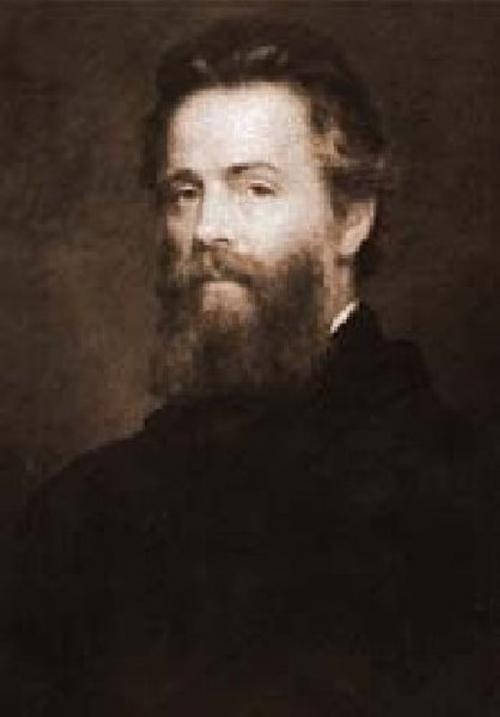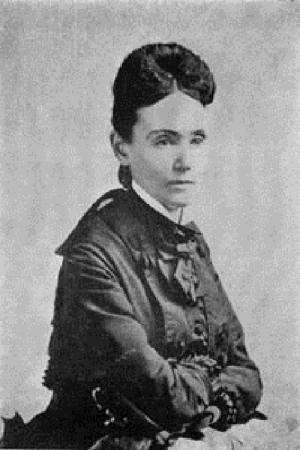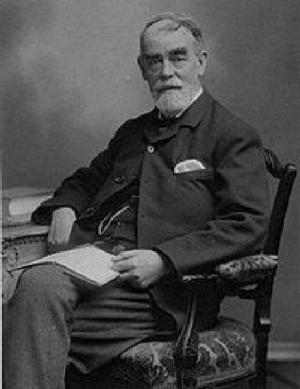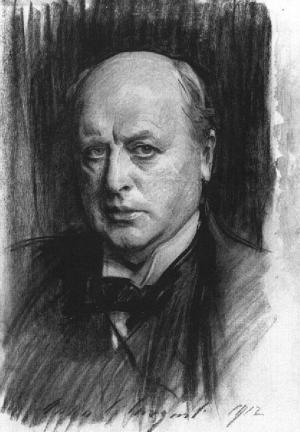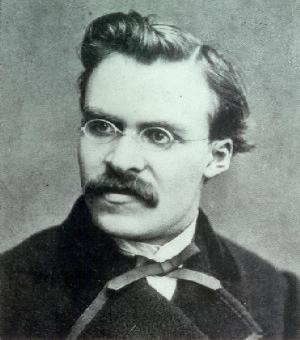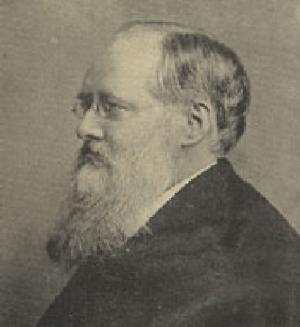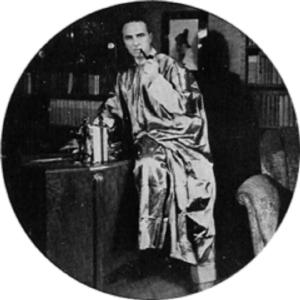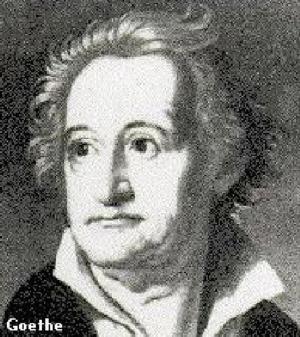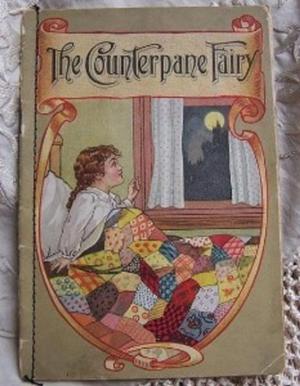| Author: | Herman Melville | ISBN: | 9781455365494 |
| Publisher: | B&R Samizdat Express | Publication: | December 15, 2009 |
| Imprint: | Language: | English |
| Author: | Herman Melville |
| ISBN: | 9781455365494 |
| Publisher: | B&R Samizdat Express |
| Publication: | December 15, 2009 |
| Imprint: | |
| Language: | English |
ere in evidence. It is clear that he did not set himself to master the poet's art, yet through the mask of conventional verse which often falls into doggerel, the voice of a true poet is heard. In selecting the pieces for this volume I have put in the vigorous sea verses of _John Marr_ in their entirety and added those others from his _Battle Pieces_, _Timoleon,_ etc., that best indicate the quality of their author's personality. The prose supplement to battle pieces has been included because it does so much to explain the feeling of his war verse ..." According to Wikipedia: "Herman Melville (August 1, 1819 September 28, 1891) was an American novelist, short story writer, essayist and poet. His first two books gained much attention, though they were not bestsellers, and his popularity declined precipitously after only a few years. By the time of his death he had been almost completely forgotten, but his longest novel, Moby-Dick — largely considered a failure during his lifetime, and most responsible for Melville's fall from favor with the reading public — was recognized in the 20th century as one of the chief literary masterpieces of both American and world literature."
ere in evidence. It is clear that he did not set himself to master the poet's art, yet through the mask of conventional verse which often falls into doggerel, the voice of a true poet is heard. In selecting the pieces for this volume I have put in the vigorous sea verses of _John Marr_ in their entirety and added those others from his _Battle Pieces_, _Timoleon,_ etc., that best indicate the quality of their author's personality. The prose supplement to battle pieces has been included because it does so much to explain the feeling of his war verse ..." According to Wikipedia: "Herman Melville (August 1, 1819 September 28, 1891) was an American novelist, short story writer, essayist and poet. His first two books gained much attention, though they were not bestsellers, and his popularity declined precipitously after only a few years. By the time of his death he had been almost completely forgotten, but his longest novel, Moby-Dick — largely considered a failure during his lifetime, and most responsible for Melville's fall from favor with the reading public — was recognized in the 20th century as one of the chief literary masterpieces of both American and world literature."
